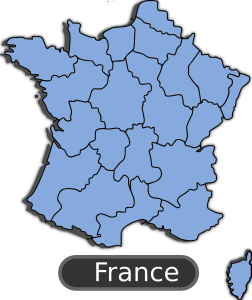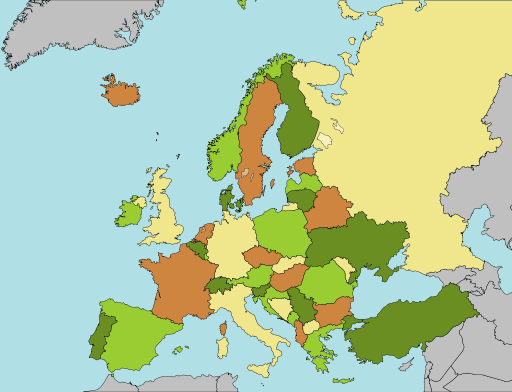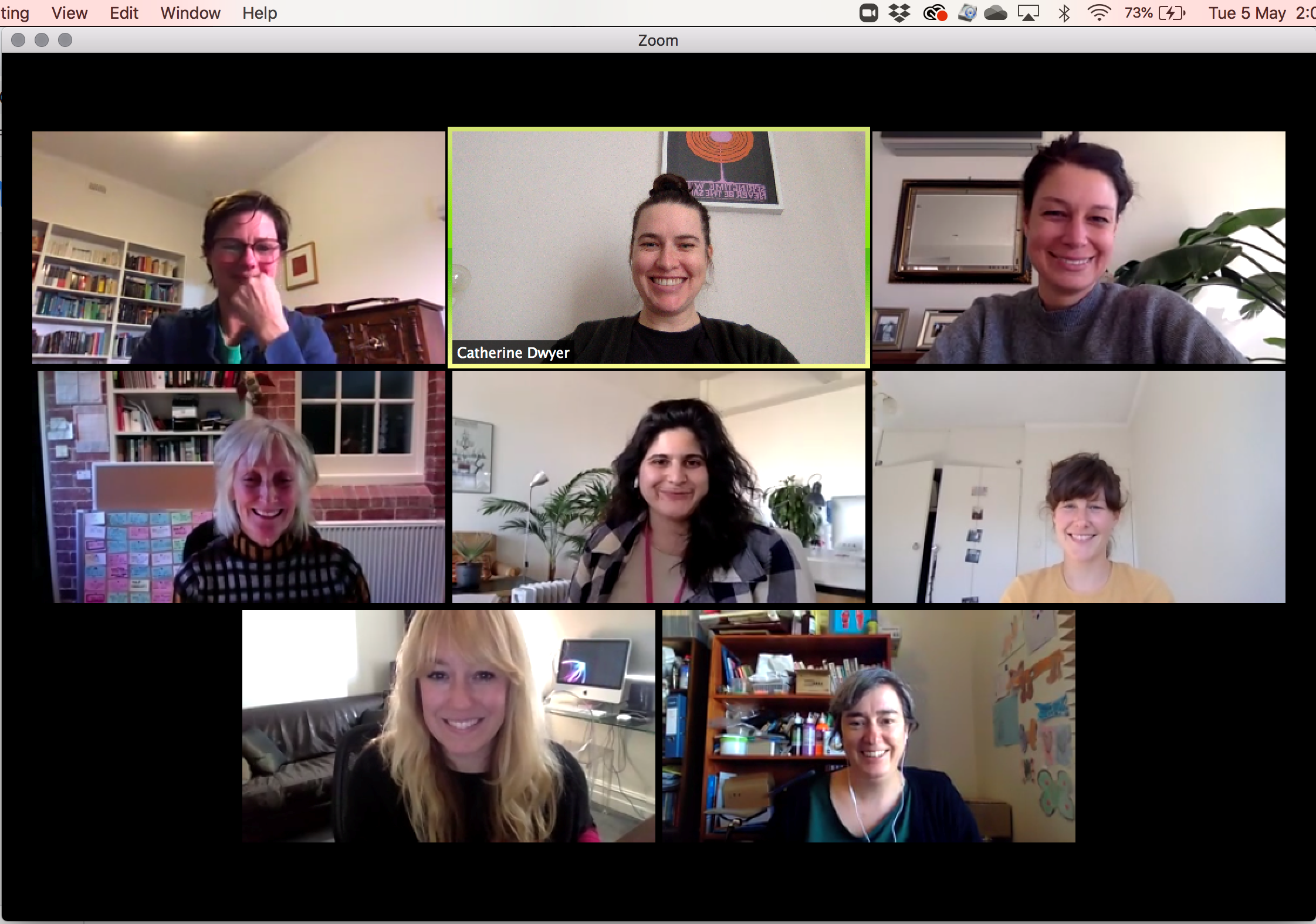Articles – French language / Langue Française
Nouveau monde. Un YouTube “libre” à la française | France TV
From the horse’s mouth
My Comments
I have previously raised the issue of people and companies based in Europe building online services that compete with what Silicon Valley offers but respect European values. This has been more so in respect to the European Commission taking legal action against the Silicon Valley IT titans like Google and Facebook due to issues like user privacy and respect for European values.
Subsequently, in answer to Google denying Amazon access to YouTube for their Echo Show product, I wrote an article about YouTube needing to face competition when it comes to online video services.
Here, I was calling out issues like individuals and small businesses needing affordable options for sharing their video content while they maintain effective control over it. It also includes issues like monetisation options for video content providers along with proper fair dealing for content creators and rightsholders when it comes to using copyrighted works in the content creators’ videos. The latter issue focuses on users using a relatively small part of a copyrighted work like a phrase from a song or a few seconds of vision from a film or TV show in an incidental manner.
In the same context, I was calling out the availability of native-client apps for various IT platforms, whether as a separately-installed app for a regular-computer or mobile operating system or as something baked in to firmware for a device like a set-top box or smart speaker. This is so you aren’t always heading down an inefficient path of using a browser to view videos or find that you can’t use the platform’s or device’s assets for this task.
The French have taken off with this goal with Framasoft, a French open-source software developer, working towards a peer-to-peer approach.
The “PeerTube” approach is based on free open-source software and implements a “federation” model. This is where a host could store video uploaded to it directly but also share video uploaded to other hosts. This can please media companies, the education sector, Webhosts and other companies who have multiple servers or data centers in differing geographical locations and make sure these hosts serve viewers closer to them.
It is being driven by the “WebTorrent” concept of integrating BitTorrent peer-to-peer file-sharing technology to video streaming in an effort to reduce latency. Again, it is implementing free open-source technology to achieve the same goal.
At the moment, the “PeerTube” effort is at an alpha stage but there is a goal to have it to beta by March 2018. Framasoft are raising money to get this idea off the ground and have raised EUR€16,032 at the time of writing. There is also the issue of creating a Web-based portal to show what’s available along with providing source code to make native clients for a PeerTube content delivery network.
Personally, I would see the “PeerTube” concept working tightly with Webhosts, content delivery networks and the like to make audio and video distribution affordable for the small-timer. There will also be their idea of data centers including edge computing being used as a way to expedite reliable access to “catch-up TV” and similar video content pools.
What needs to happen once PeerTube is proven is that it needs to be sold as a viable alternative for YouTube when it comes to offering user-generated video content.




